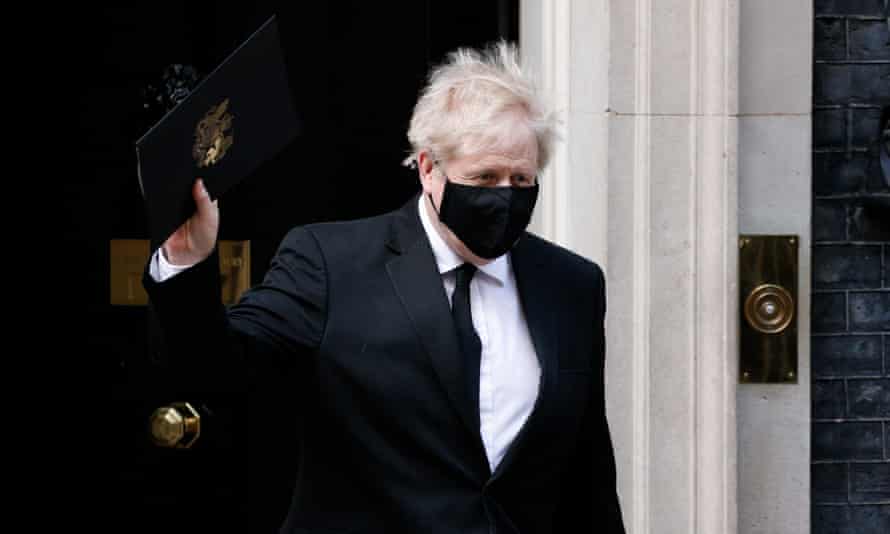Blog by Pam Kleinot
Former journalist and psychotherapist, and producer of ‘Under the Knife’ (Directed by Susan Steinberg, UK 2019).
I was inspired to produce ‘Under the Knife’ by my father, a doctor who worked at the largest state hospital in Southern Africa. He always told me how wonderful the NHS was. It is one of the greatest institutions that humanity has ever created. When it began in 1948, it was revolutionary in providing free health care for everyone and became the gold standard for the world.
I grew up in Johannesburg, South Africa, where access to healthcare was not equal. I was a medical journalist and witnessed how serious inequalities affected black people under the apartheid regime in every aspect of their lives. I came to live in the UK 35 years ago and worked as a sub-editor on the Guardian. During this time, I trained as a psychotherapist and group analyst. I worked in the NHS for more than 10 years and felt immensely proud and privileged to be part of it. However, I became unsettled by what was happening; I witnessed several cuts, closures, and the endless re-organisations. I experienced the surveillance and targets for staff and not knowing what was going to happen next with austerity and significant underfunding.
After leaving the NHS, ‘Under the Knife’ began as a simple idea which I started researching tirelessly. I became increasingly aware of the NHS being covertly privatised. I then asked Susan Steinberg, an Emmy award-winning film director, to join me, and together with a small team we made a 90-minute documentary that paints a chilling picture of how the NHS was being systematically dismantled and undermined. I felt so passionate about the subject matter that I used my own money and took out a loan to make the film.
Understaffed and fragmented the NHS was on its knees. Despite warnings from a pandemic drill in 2016 and the rapidly emerging, alarming facts from the COVID situation in Wuhan, Italy, and Spain in 2019, the UK government did not undertake any serious plans to manage the pandemic. The result of such inefficiency has been needless deaths; there were more than 126,000 deaths from Covid-19 in the UK in a year to 18 March 2021 (https://coronavirus.data.gov.uk/details/deaths, accessed 20th March 2021).
The marketisation of the NHS, which began with Margaret Thatcher, has continued for more than 30 years with the advancing wave of Neoliberal thought that led to the crippling private financial initiative and other forms of privatisation.
Reflecting on the history of the NHS foundation in 1948, the film looks at the socio-economic issues where many people died back then because they could not afford health care. The Covid pandemic has highlighted how the virus is affecting a disproportionate amount of Black Ethnic minorities including those from NHS frontline staff.
The lies and deception of successive governments dates from Thatcher promising in 1982 that “The NHS is safe in our hands”. Former Tory MP Michael Portillo admitted the Tories lied in their 2010 election manifesto because they did not believe they would win if they told the electorate their NHS plans because people are so wedded to the NHS – it’s like a national religion.
‘Under The Knife’ looks in depth at the 2012 Health and Social Care Act which signalled the end of a truly NHS and opened the floodgates to privatisation. It was chilling to learn that 200 MPS and Peers with vested interests in private health care voted for the bill. As Lord Owen said governments woo people, he did it himself, with a peerage here and a knighthood there. He said the government was slowly, surreptitiously preparing the UK for an American type health system which has bankrupted so many and as we have seen failed the people again in this pandemic. Former PM John Major said the NHS is about as safe with Boris Johnson and Michael Gove as a pet hamster in the presence of a hungry python.
The Covid pandemic has highlighted that in the face of a life-threatening public health emergency, only a functional NHS is equipped to survive it. Health is not a luxury; it is a right and we need to get rid of the business model with its wastage of bureaucracy.
A major obstacle for the film makers was the reluctance of some Tory MPs and health ministers to be interviewed. However we managed to interview more than 60 people focusing on frontline doctors, nurses and patients. We also hear from public figures such as Gina Miller, the businesswoman and Brexit campaigner. She talks about her 30-year-old daughter, who has the mental age of six because she was starved of oxygen during birth because of a shortage of midwives. As the doctor and broadcaster Dr Phil Hammond puts it, responding to the former health secretary Jeremy Hunt’s claim that a “jumbo jet-load” of patients die unnecessarily each week”: “The NHS takes off with unsafe staffing levels, a hole in the fuselage and half a wing missing every day.”
The film ends on an optimistic note, illustrating how communities, health care professionals and campaigners have fought to save hospitals through the courts, in council chambers and on the streets.
To view the film, follow this link,
https://vimeo.com/360526465
Password: Undertheknife1!
Email for correspondence: pamkleinot@hotmail.com














